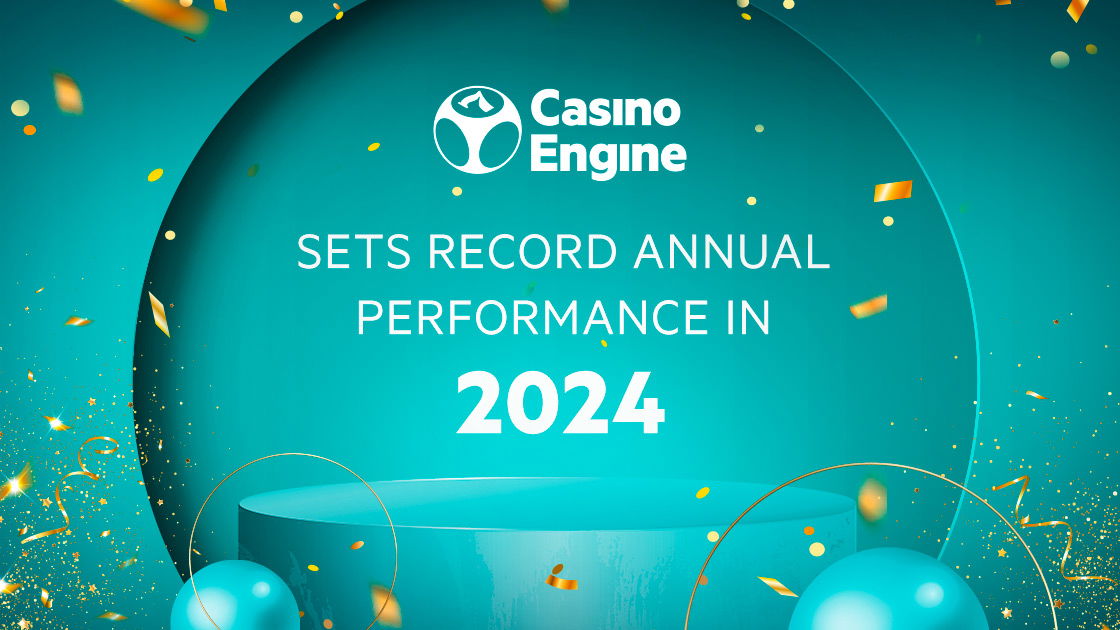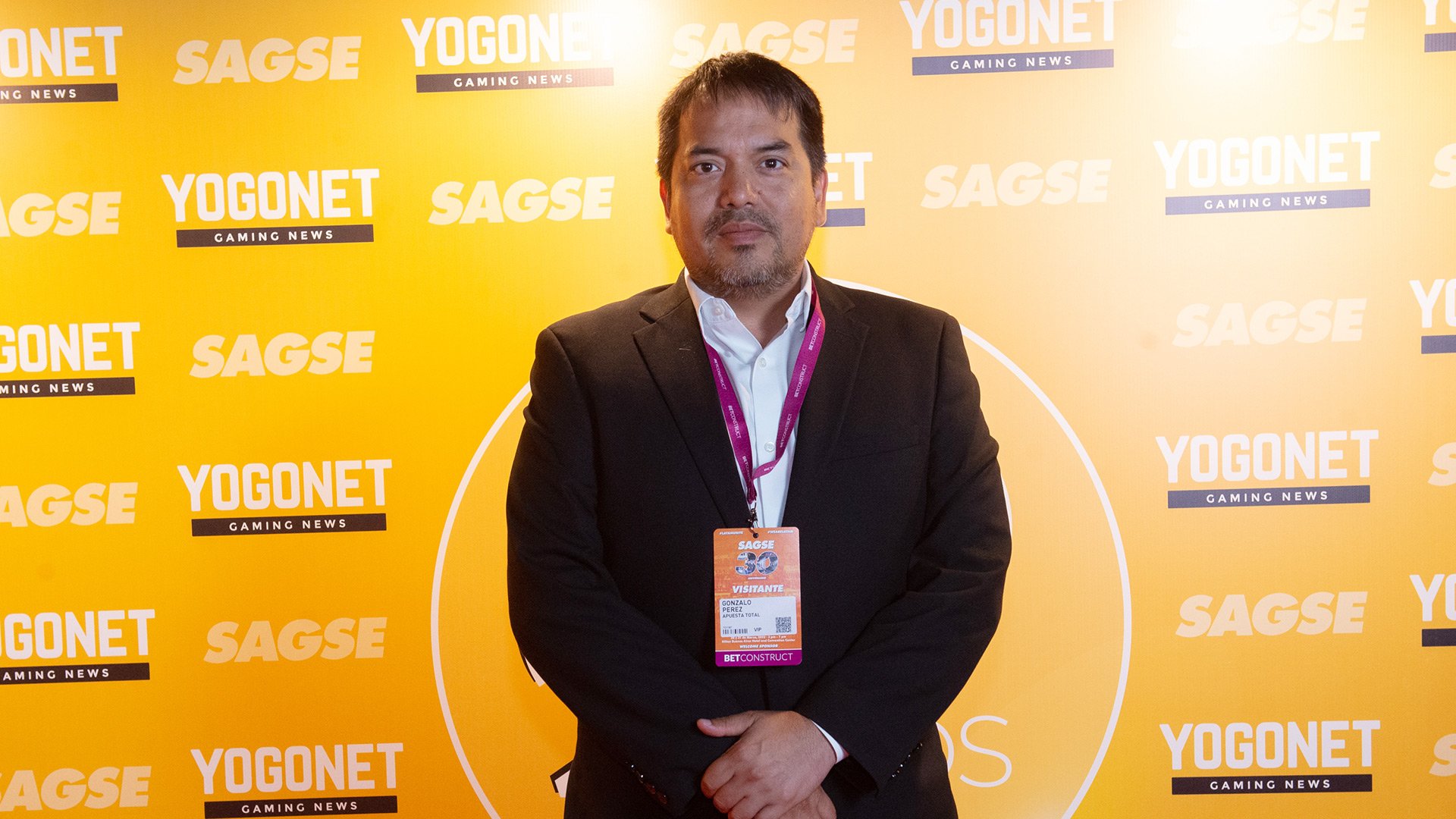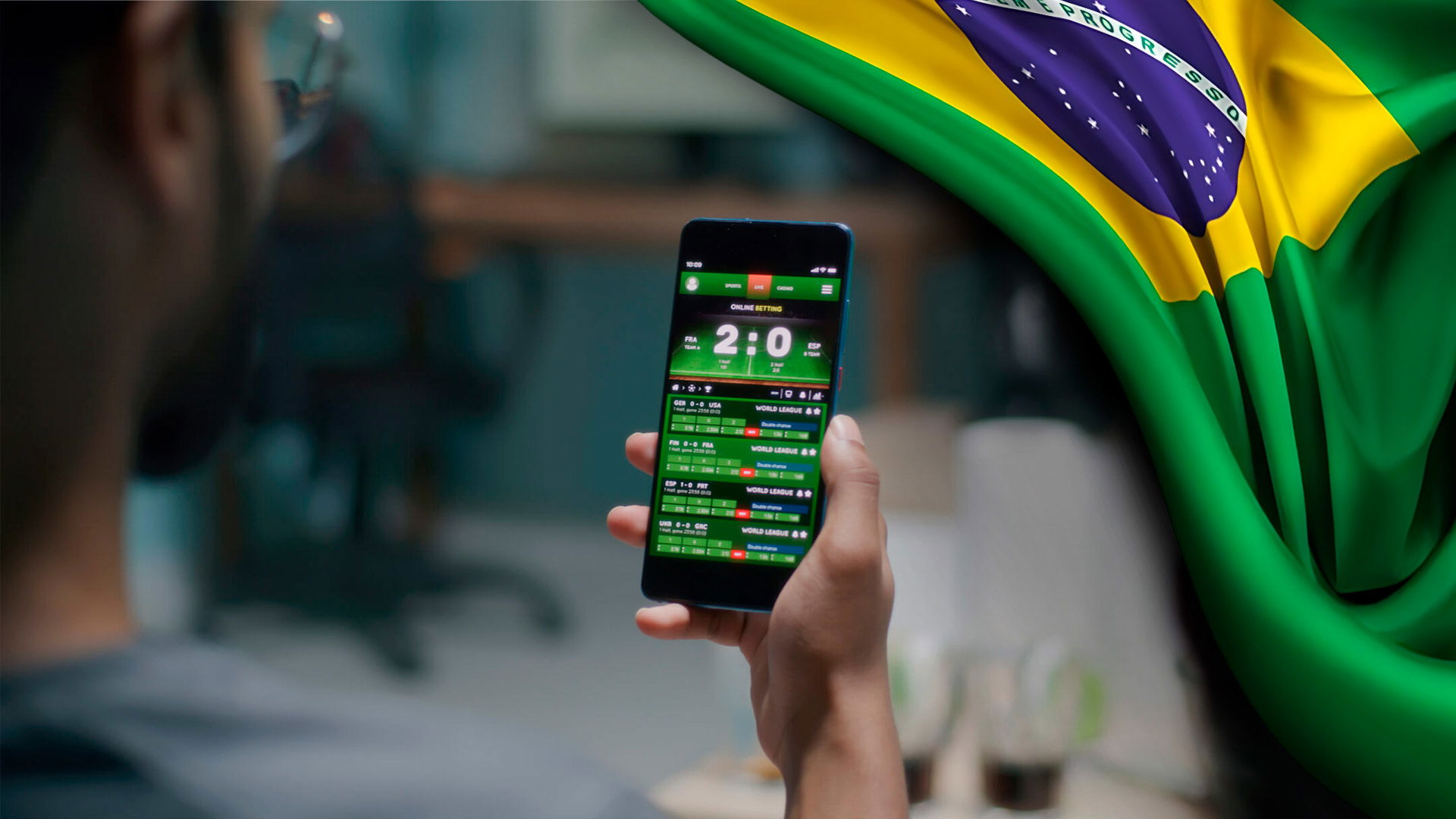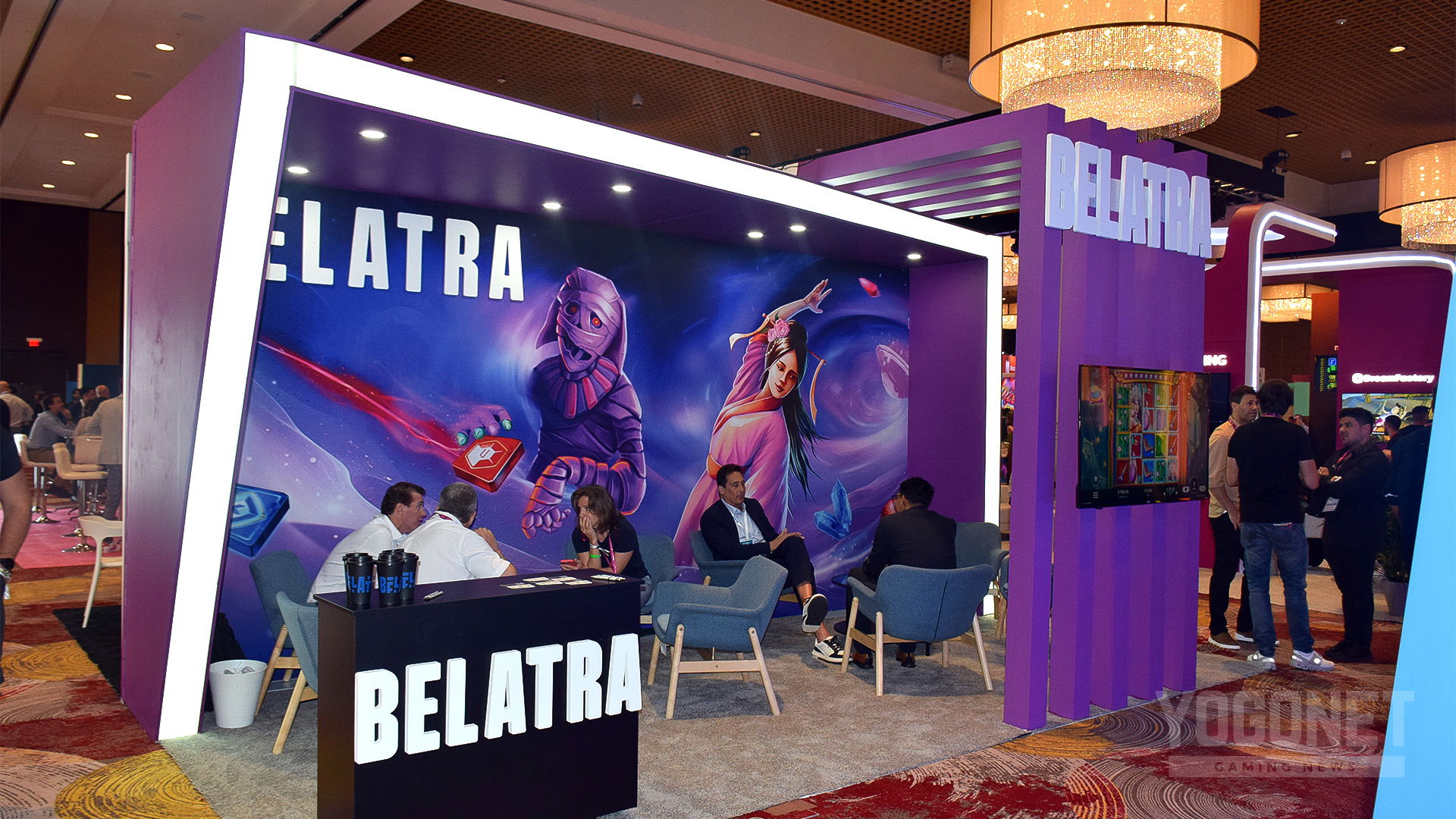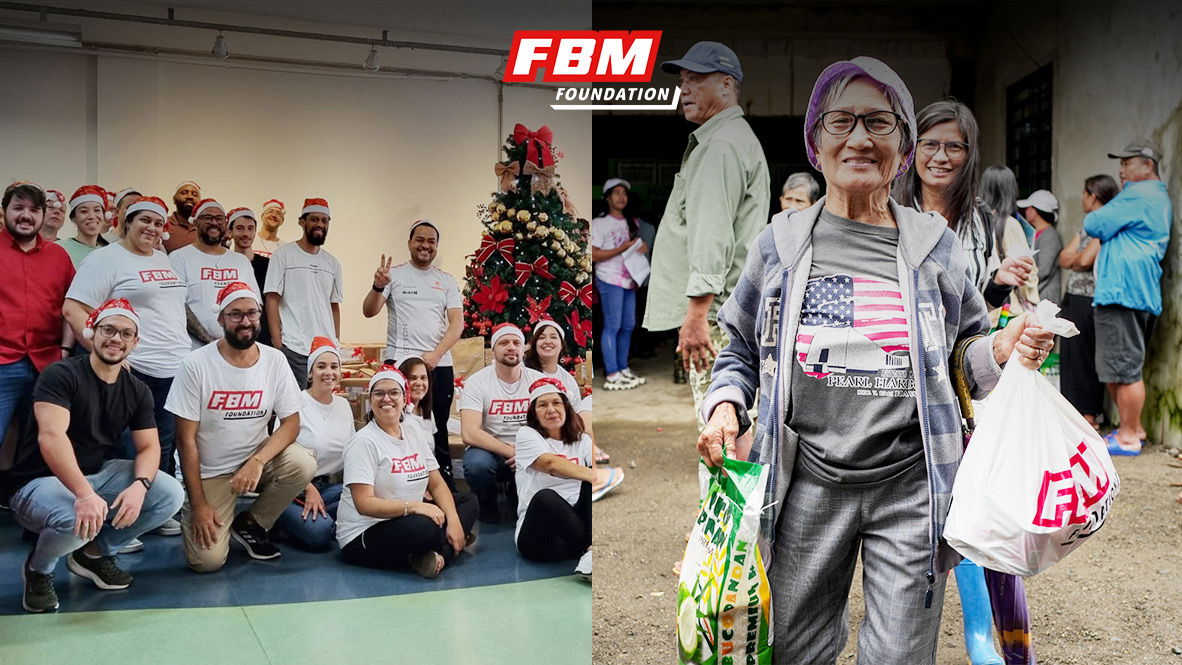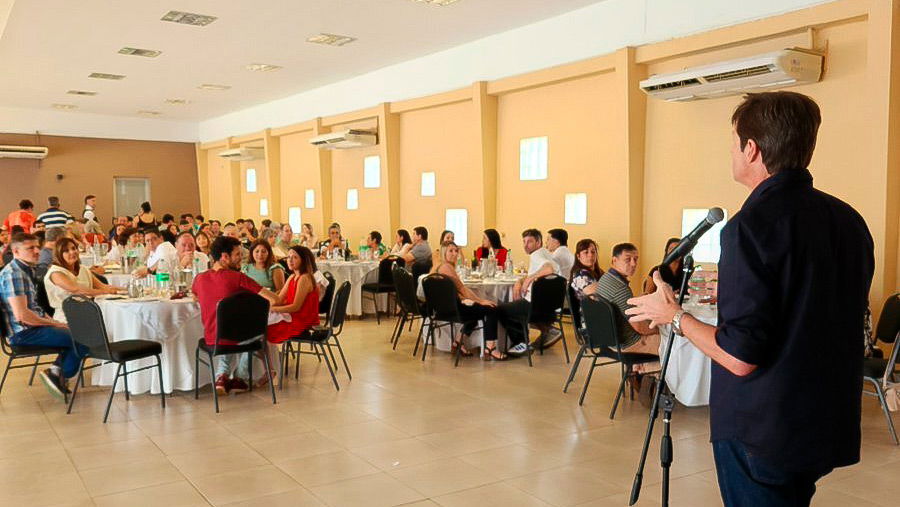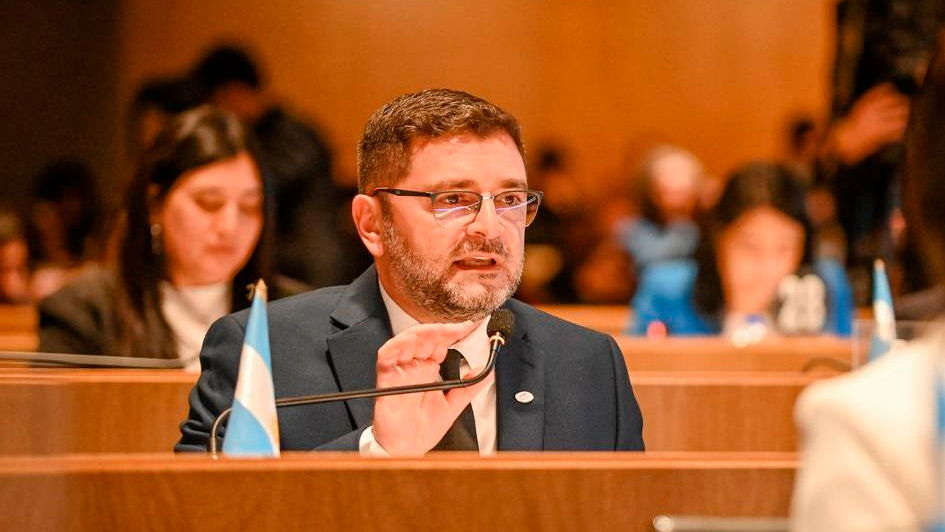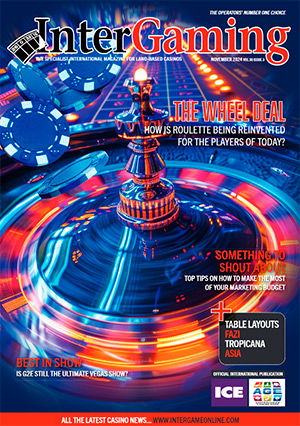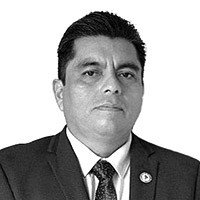Seminoles hiring employees ahead of potential Florida sports betting launch in time for NFL season
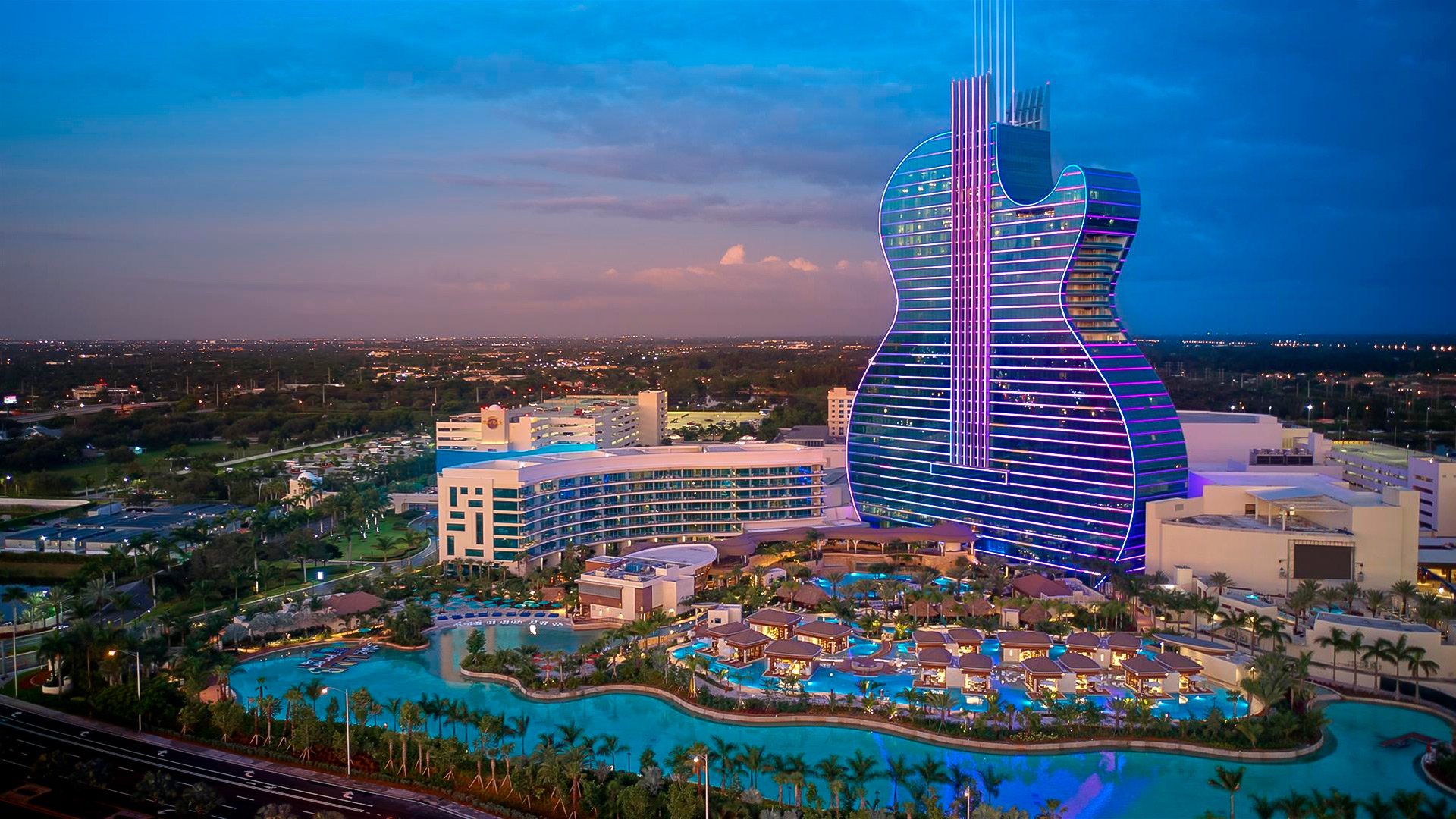
Florida's sports betting may happen sooner than expected, or that is what the latest job postings from the Seminole Tribe seem to indicate. The tribe has recently published a number of online job openings at their Florida casinos for sportsbook employees, as well as craps and roulette dealers. The tribe has held hiring events in New York, Pennsylvania, and Connecticut for experienced staff that are willing to relocate to relocate to the Sunshine State.
The tribe posted the job openings on its website after a three-judge panel on the U.S. Court of Appeals for the District of Columbia Circuit concluded that federal gaming law allowed the state to enter into a 30-year agreement with the Seminole Tribe to operate sports betting in Florida. The tribe, which will also be allowed to add roulette and craps to its casino operations, will in return pay the state at least $2.5 billion over the first five years of the agreement.
If no appeal is made, the tribe could potentially launch the new gaming opportunities on August 21. A launch on that day would be two-and-a-half weeks ahead of the first NFL game of the season.

West Flagler and Associates, the plaintiffs who first brought the case against the U.S. Department of the Interior, have 52 days from the June 30 ruling to apply for an appeal or an “en banc hearing” with the U.S. Court of Appeals. However, if an appeal is not made, the court’s mandate will go into effect and the Seminole Tribe could launch sports betting, craps, and roulette on this date.
Should an appeal occur, the timeline could stretch out by months, if not years. It could be heard again by the U.S. Court of Appeals, or the plaintiffs could file for a writ of certiorari to have the decision heard before the Supreme Court of the United States.
However, en banc hearings are rarely granted by the U.S. Court of Appeals. As a matter of fact, the court typically grants only one review for every 500 three-judge panel decisions, which makes this initial decision very important. However, under the case that a rehearing is denied, West Flager's pursuit of a petition for writ of certiorari before the Supreme Court could also delay the final mandate necessary from the U.S. Court of Appeals, reports Sports Betting Dime.
Daniel Wallach, a gaming law attorney, Founder of Wallach Legal and UNHLaw Sports Wagering, believes that as long as the plaintiffs are willing to “take the distance, which is SCOTUS,” the revival of sports betting in Florida is unlikely to occur until all federal court processes are completed, which could be another year or two before a decision is made.
While a writ of certiorari is rarely granted by the Supreme Court, it does not mean it will happen. This result of the case has national implications for tribal gaming and non-tribal sports betting operators.
"There are two factors that suggest the Supreme Court would be willing to take this case. The circuit court split and the importance of the issue across the country impact tribes, non-tribal operators, in the vast majority of states," Wallach said.
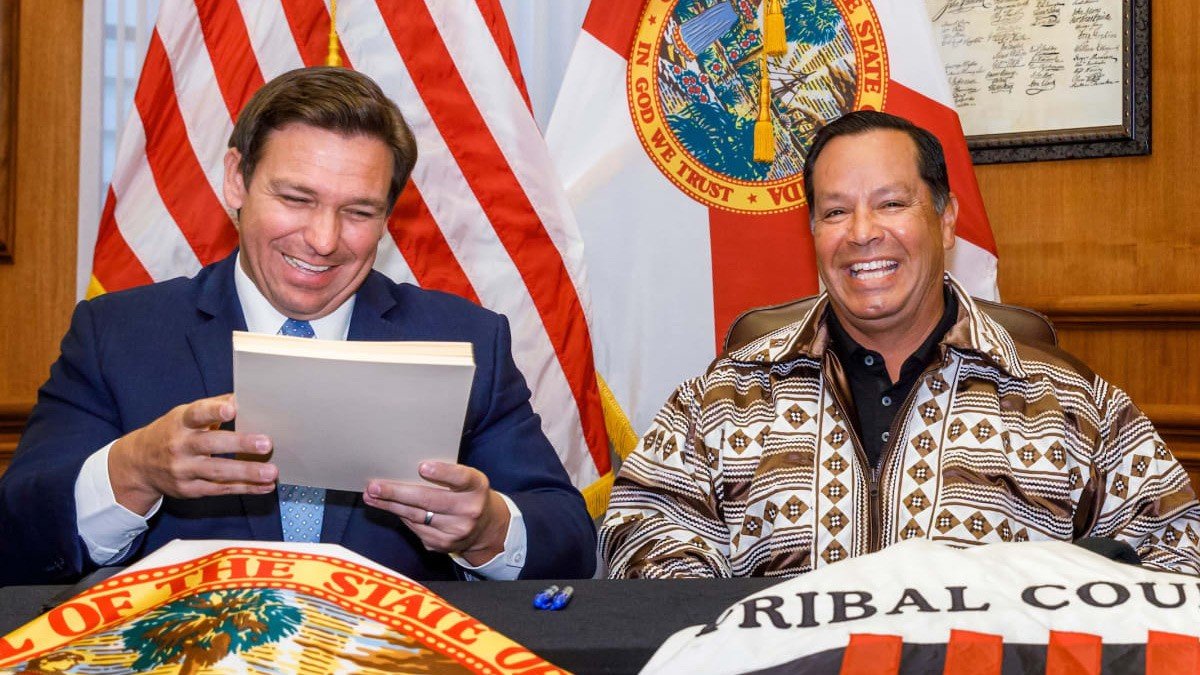
Florida’s troubled sports betting journey began in 2021 when the state approved a 30-year gaming compact that granted the Seminole Tribe exclusive retail and online sports betting rights in the state. The gaming compact granted the Seminole Tribe exclusive rights to online sports betting through a “hub-and-spoke” system, as well as expanded gaming rights. The “hub and spoke” system allowed sports bets to be placed anywhere in the state as long as they were processed by computer servers located on Tribal Land.
The gaming compact was thrown out by Judge Dabney L. Friedrich in November 2021, as she ruled that the compact violated the conditions set forth by IGRA that limit tribal gaming to the confines of tribal lands. The Seminole Tribe argued in the gaming compact that because the servers that processed the online sports bets were located on tribal land, then the bets themselves were placed on tribal lands. The court’s move earlier this month reversed Friedrich's decision and sided with the tribe.
Judge Dabney L. Friedrich
"We see the case differently. IGRA ‘regulate[s] gaming on Indian lands, and nowhere else. Thus, to be sure, an IGRA gaming compact can legally authorize a tribe to conduct gaming only on its own lands. But at the same time, IGRA does not prohibit a gaming compact—which is, at the bottom, an agreement between a tribe and a state—from discussing other topics, including those governing activities “outside Indian lands[.]” In fact, IGRA expressly contemplates that a compact ‘may’ do so where the activity is ‘directly related to’ gaming," the judges wrote in the ruling.





